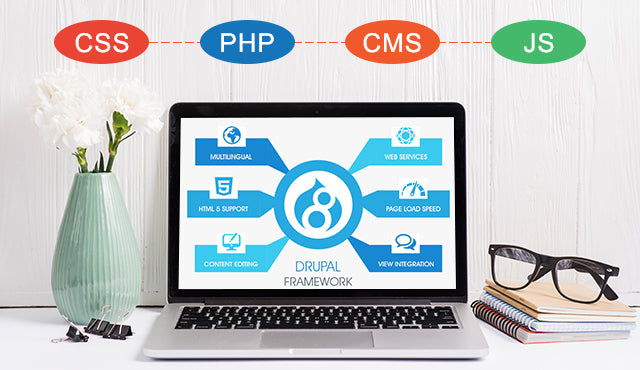Drupal is one of the most popular content management systems (CMS) in the world, known for its flexibility and customizability. However, there are other CMS platforms available that offer similar features and benefits. In this blog post, we will explore some of the top Drupal alternative CMS options.
1. WordPress: WordPress is one of the most popular CMS platforms in the world, powering over 40% of all websites on the internet. It is a free and open-source platform that is easy to use and has a wide range of themes and plugins available. While it is primarily used for blogging, WordPress can also be used to build more complex websites.
2. Joomla: Joomla is another open-source CMS platform that is known for its flexibility and ease of use. It has a wide range of features and extensions available, including e-commerce and social networking tools. Joomla is particularly well-suited for building community-based websites.
3. Wix: Wix is a cloud-based website builder that offers a drag-and-drop interface, making it easy to build a website without any coding knowledge. It has a wide range of templates available, including e-commerce and blog templates. While Wix is not open-source, it offers a free plan with limited features.
4. Squarespace: Squarespace is another popular website builder that offers a range of templates and features. It is particularly well-suited for building portfolios and e-commerce websites. Squarespace is not open-source, but it offers a free trial period and a range of pricing plans.
5. Magento: Magento is a popular e-commerce platform that is known for its flexibility and scalability. It is open-source and has a wide range of extensions and features available. While it can be more complex to use than some other CMS platforms, it is particularly well-suited for building large e-commerce websites.
6. Shopify: Shopify is another popular e-commerce platform that is known for its ease of use and range of features. It offers a range of templates and plugins, making it easy to build a custom e-commerce website. While it is not open-source, it offers a range of pricing plans to suit different budgets.
In conclusion, while Drupal is a powerful and flexible CMS platform, there are other options available for building a website. Whether you are looking for a free and open-source option or a more user-friendly website builder, there is a CMS platform out there that can meet your needs. It's important to evaluate your requirements carefully and choose the CMS platform that is best suited for your project.



 India
India
 United Kingdom
United Kingdom







